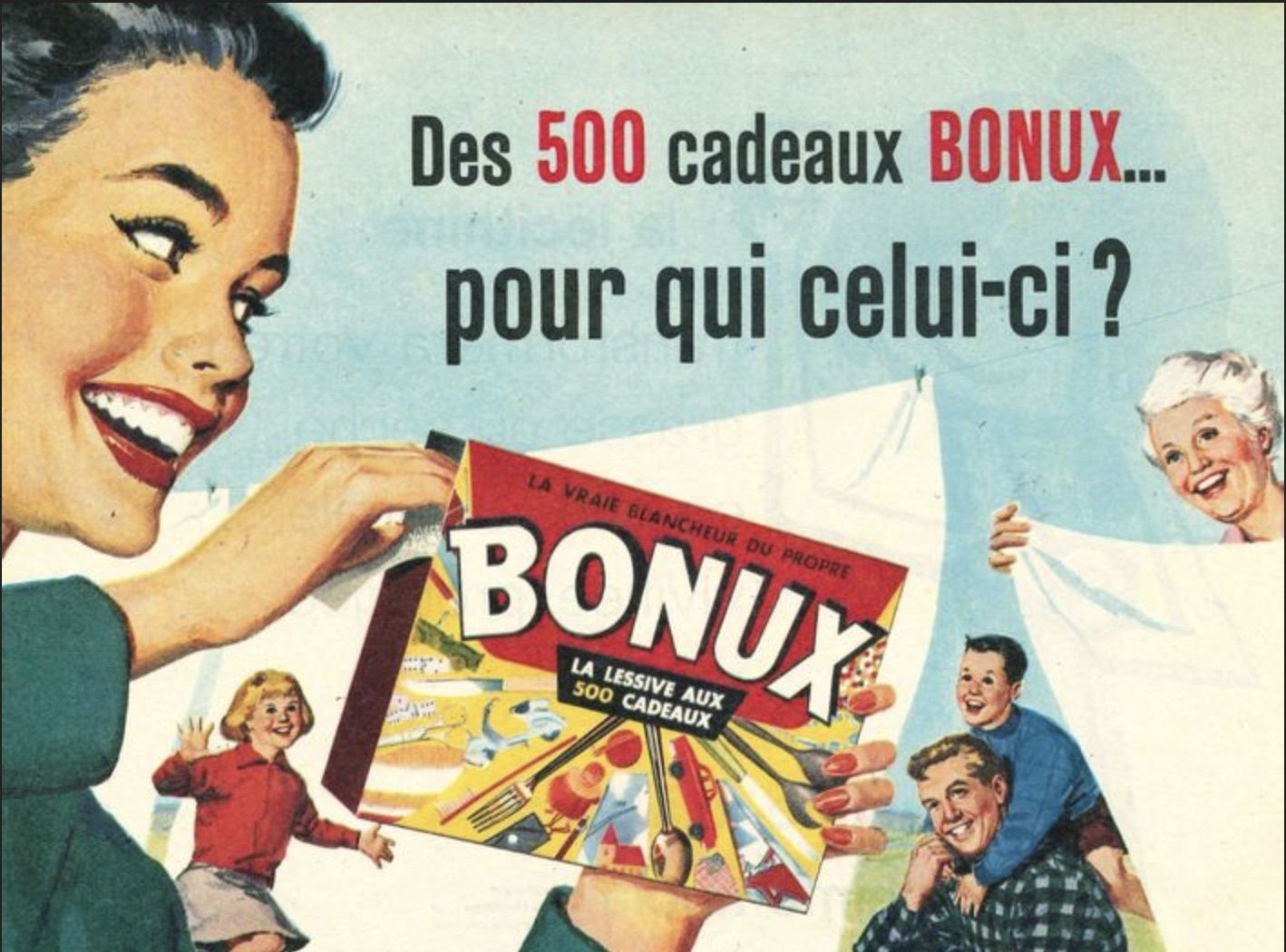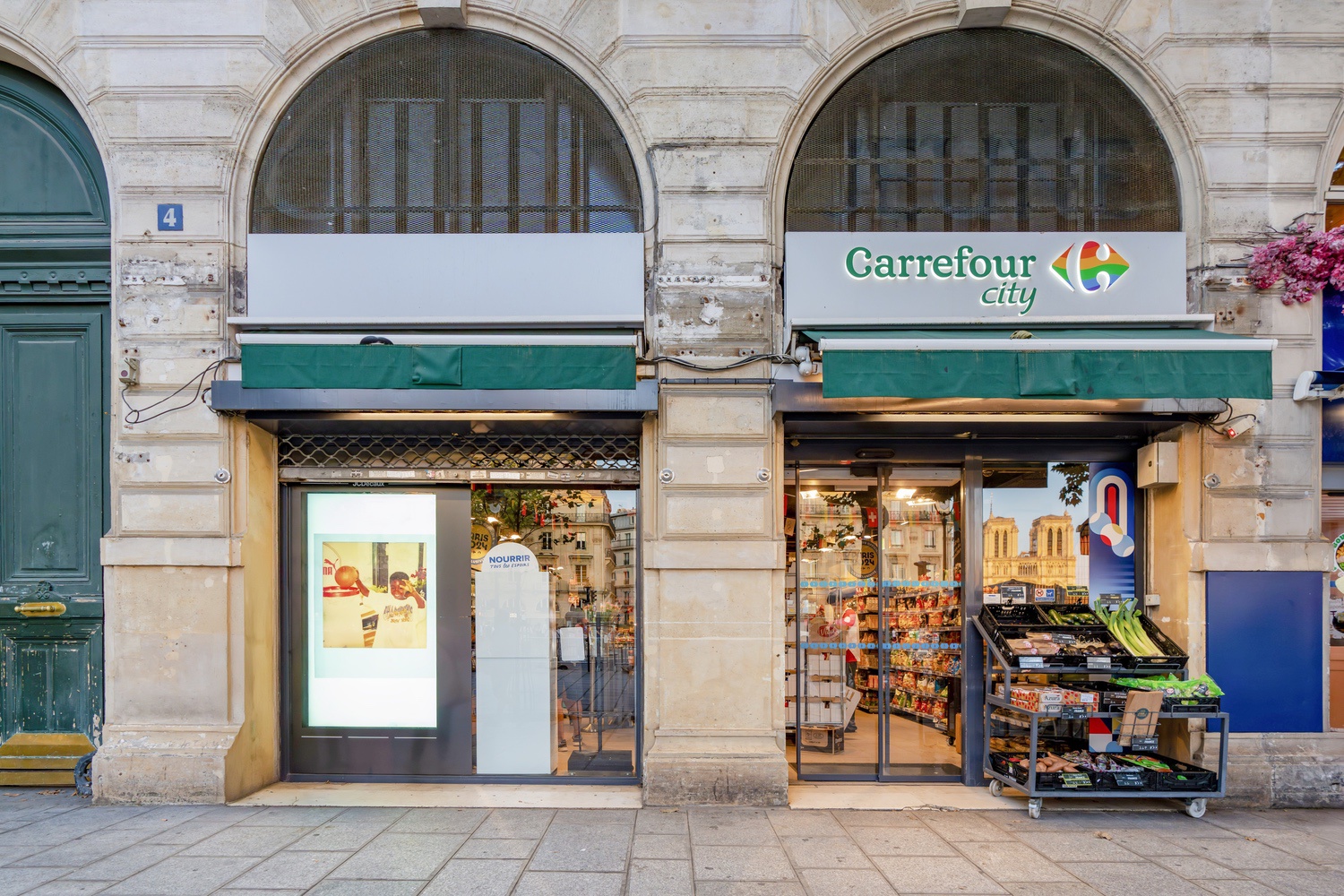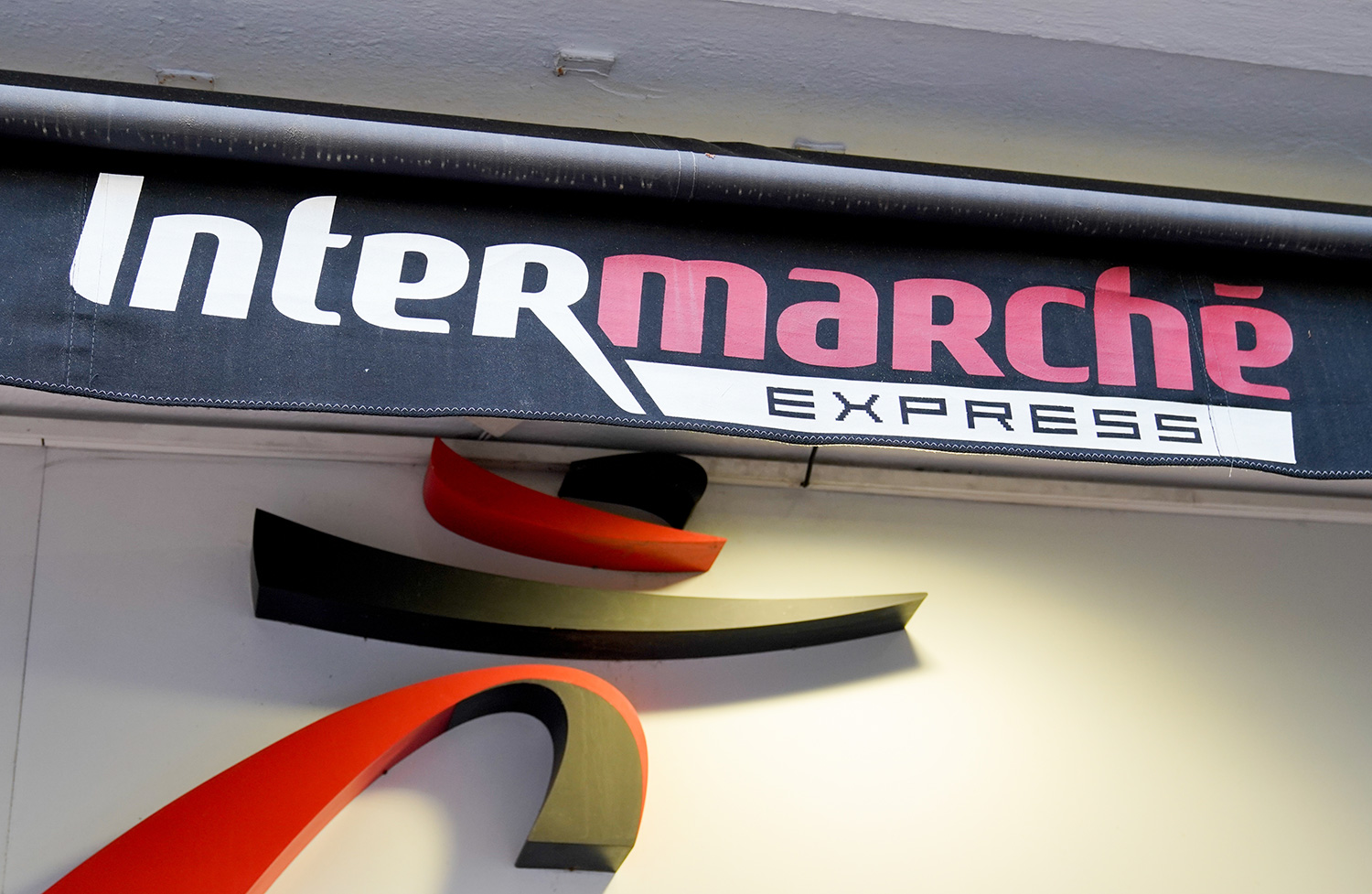

There has been a lot of activity in the retail sector in recent months. Carrefour’s acquisition of Cora and Match – owned by the Louis Delhaize group – and the serious difficulties of the giant Casino have raised questions about the relevance of the superstore business model. Experts at AURIS Finance, a consultancy specialising in mergers and acquisitions, take a closer look.
In May 2023, Casino entered conciliation procedures. The French retail giant is now almost six and a half billion euros in debt. With a turnover of around €3.5 billion, the group has failed to comply with the requirement that its gross debt should not exceed 3.5 times its gross operating surplus. On 27 July, Casino’s board of directors gave the go-ahead for the trio of Daniel Kretinsky, Marc Ladreit de Lacharrière and Attestor to take over the group. Despite numerous attempts to redefine its strategic model, the group has been unable to establish a financially successful model on its own and has therefore decided to seek a buyer.
What went wrong?
Having revolutionised the daily lives of the French, superstores are losing their appeal. At the end of the global covid pandemic, consumers abandoned them in favour of local shops. A few months later, rising inflation and energy costs also confirmed French consumers’ preference for low-cost brands. Month after month, the discount giants gained market share at the expense of traditional retailers. Taken together, Auchan, Carrefour and Cora have lost 7% of their market share over the last five years. For the traditional superstores, the meltdown is all the greater because they have been slow to adapt to changing consumer habits.
Some initiatives have come too late
With their backs against the wall, the big superstores are no longer in a position of strength. In a column for the daily Les Echos, consultant Gilles Goldenberg explains that “consolidation and restructuring have been slow in coming”. By failing to carry out major consolidations or strategic changes in good time, the major companies are in a very weak position when it comes to negotiating with potential buyers. For example, the Delhaize group recently sold its two chains, Cora and Match, to the giant Carrefour. Lacking economies of scale, the two brands were losing ground. With the acquisition of the group’s 60 superstores and 115 supermarkets, Carrefour has gained a strong position in France. Nevertheless, the group is sticking to its strategy of developing its shop portfolio around a superstore model.
Smaller, but more urban
In order to attract and retain consumers, most of the large chains are revising their low-price strategy, using the “anti-inflation basket” as a key communication tool. They are also developing own-brand products and increasing their presence in urban centres. Casino’s CEO, Jean-Claude Naouri, had himself embarked on a strategic reorientation of his group with the goal of shifting away from underperforming superstores and towards city-centre shops. While this change of direction has led to a reduction in the number of Géant Casino superstores (77 superstores in France by the end of 2022, compared with 105 in 2020), it has not brought the company’s debt under control in the long term.
Our experts at your side
Today’s retail sector faces many challenges. One of the keys to a successful acquisition or sale is undoubtedly the speed, and quality of the offsets. At AURIS Finance, our experts specialised in the mass retail sector will work with you to help you complete these key transactions.


